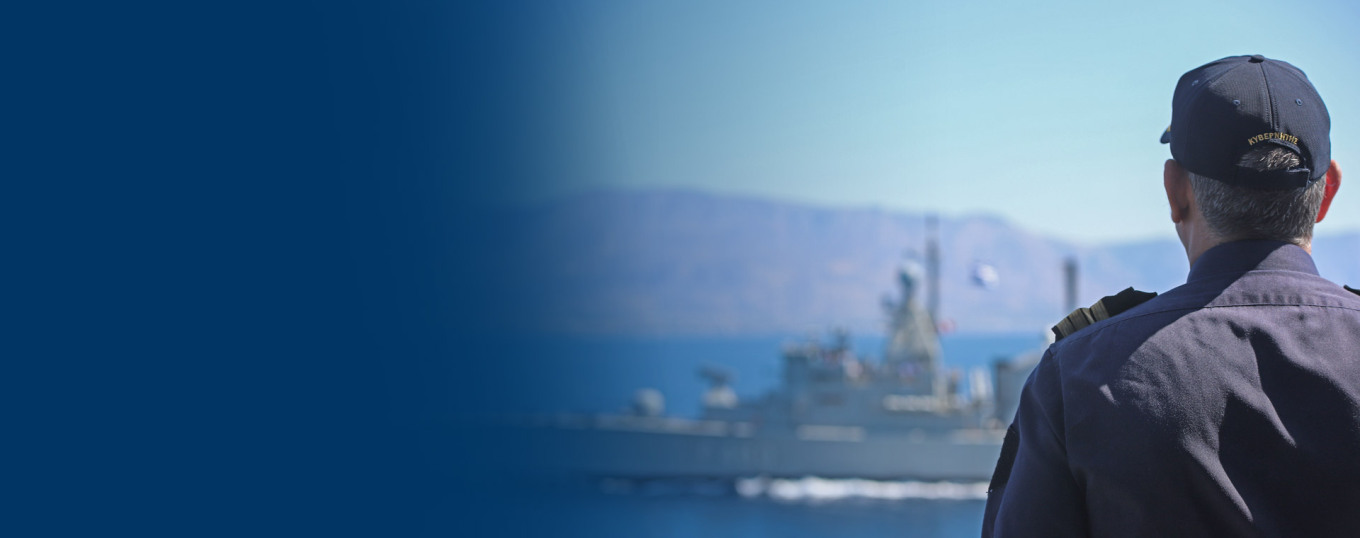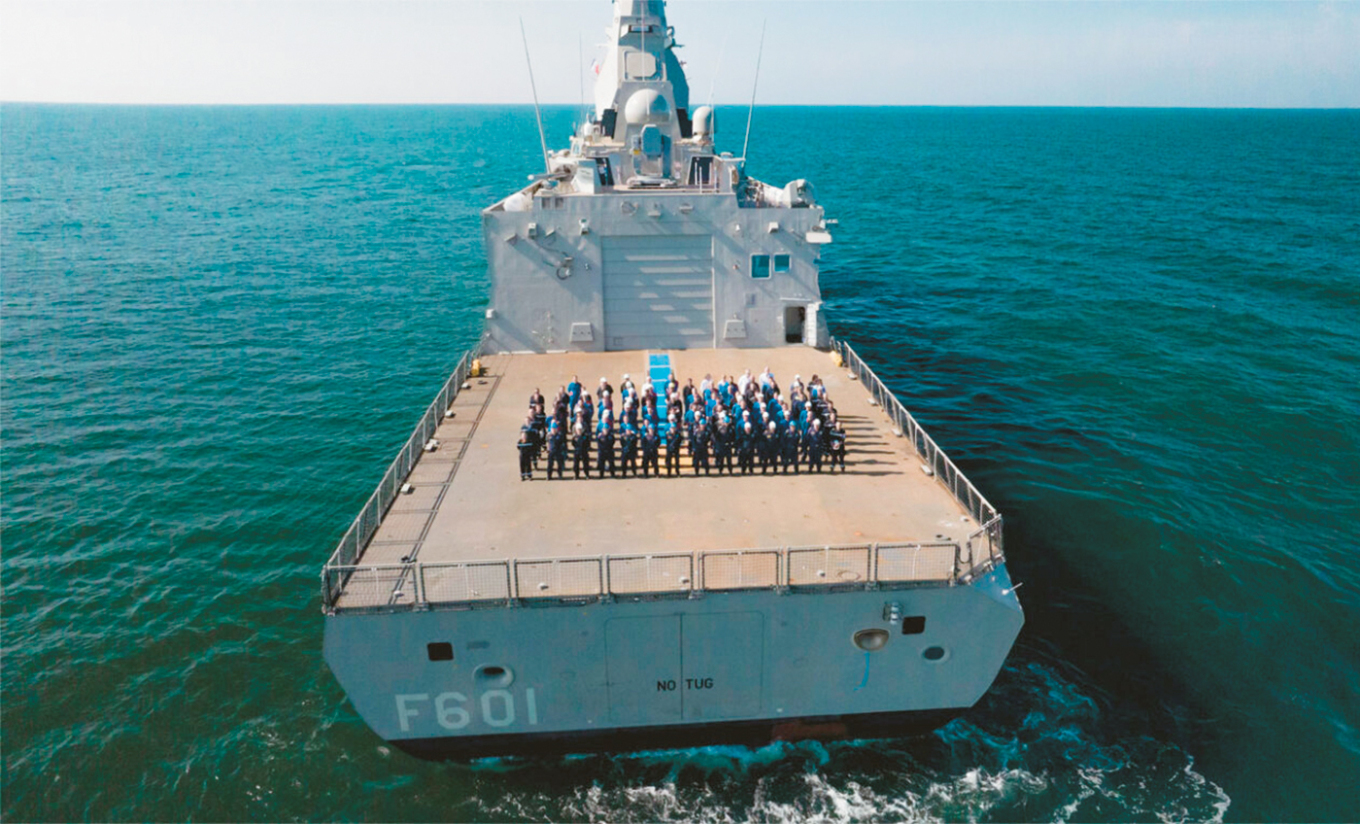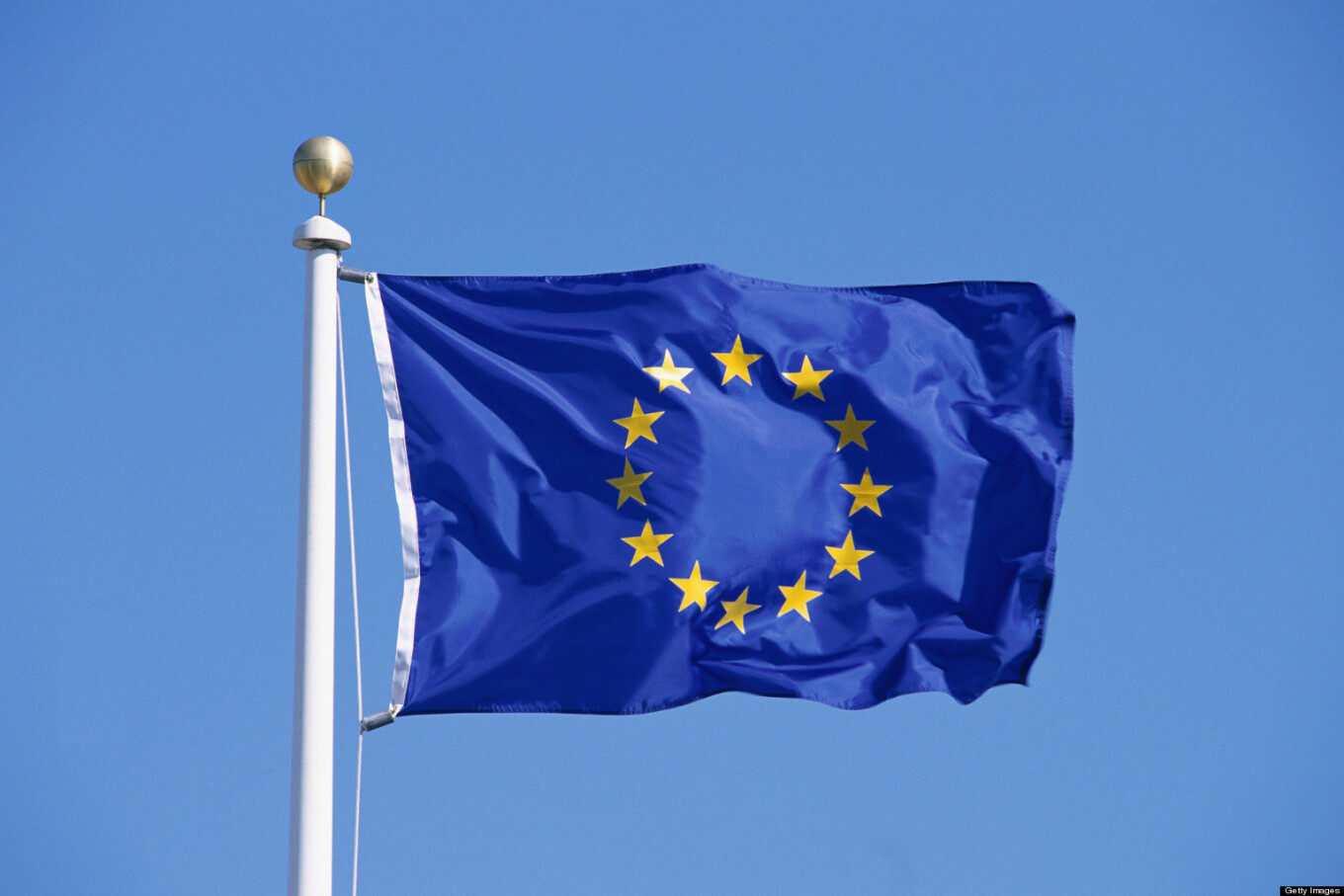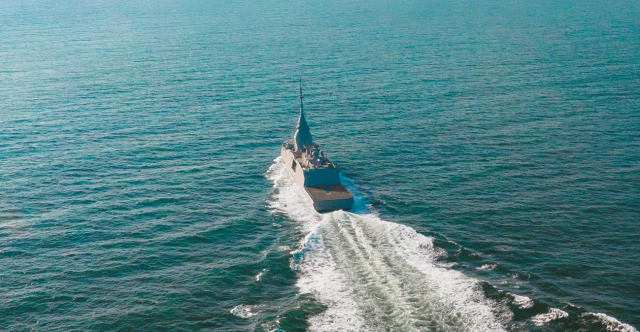Athens is actively using all diplomatic strategies at its disposal to counter Turkey’s efforts to leverage a favorable geopolitical climate and integrate its defense industry into the €800 billion European rearmament initiative—an initiative of considerable importance for defense, economy, and geopolitical relations.
While Athens has made notable progress toward this objective, significant challenges lie ahead.
Turkey has consistently attempted to position itself as the “solution” to Europe’s security dilemmas, capitalizing on the EU’s vulnerabilities while enhancing its defense capabilities and regional influence. This narrative has gained traction among various EU member states, each with its unique motivations for collaborating with Turkey’s defense sector.
By advocating for the inclusion of the Turkish defense industry in this extensive European rearmament project, President Recep Tayyip Erdoğan aims not only to secure funding for his nation’s military sector but also to gain political and diplomatic influence and cultivate a tailored relationship with the EU.
Diplomatic Struggle
For Greece, this represents a critical diplomatic battle. The goal is to impose terms on Turkey’s involvement, preventing Greece and Cyprus—both EU nations—from inadvertently funding a defense sector that threatens their sovereignty, particularly given Cyprus’s situation with Turkish recognition.

Turkey’s entry into European defense could ignite new tensions—not just between Greece and Turkey, but also with certain EU allies advocating for cooperation with Ankara. Similar discord is emerging within NATO, masquerading as EU-NATO defense collaboration, despite Turkey’s failure to recognize the Republic of Cyprus.
Strategic Consequences
If barriers to Turkey’s participation in the European rearmament plan are removed, Ankara may use this to argue for lifting restrictions on advanced weaponry sales, such as the Eurofighter and Meteor missiles.
Greece faces a convoluted diplomatic challenge. Turkey is likely to resist any conditions tied to its disputes with Greece and Cyprus.
Contradiction in Relations
The casus belli issue should not be sidelined in the European defense discourse; it is central to Greek-Turkish dynamics. It is contradictory for both nations to seek improved relations while one maintains war threats to hinder the other from exercising its sovereign rights under international maritime law.
Progress is unattainable while the specter of war and challenges to Greek sovereignty—including the contentious “grey zones”—persist. These elements are at the core of Erdoğan’s revisionist ideology, which has now become state policy in Turkey. This creates substantial obstacles to enhancing Greek-Turkish relations, especially with the upcoming High-Level Cooperation Council meeting and the prime minister’s visit to Ankara planned for early July.
Turkey, which reacted strongly when Mitsotakis requested that the U.S. Congress impose conditions on F-16 sales to Ankara in 2022, is unlikely to passively accept Athens’ attempts to restrict its role in European defense initiatives. Thus, this issue will likely be a major talking point in the next meeting between the two leaders—potentially during the NATO summit in The Hague on June 24–25.
Greek Strategic Position
For decades, Greece has utilized EU-Turkey relations as leverage to counter Turkish revisionism. Turkey’s desire for a “special” strategic partnership with Europe—one that recognizes its “uniqueness” without conditions—is worrisome. It risks legitimizing Turkey’s aggressive stance against the sovereignty of two EU member states.
As discussions in Brussels navigate sensitive and technical issues—often open to differing interpretations—political dynamics will shape decisions. Prime Minister Kyriakos Mitsotakis has raised the stakes. In a recent interview with Skai Radio, he emphasized that cooperation cannot happen while Turkey maintains its casus belli against Greece, indicating he plans to address this directly with Erdoğan, sending a signal to European capitals and Brussels.

First Sea Trials for the Frigate Kimon
As Athens strives to prevent Turkey’s unrestricted access to European defense frameworks, it also enhances its own deterrent capabilities. Last Wednesday, the frigate F-601 Kimon, constructed in Lorient, France, completed its initial sea trials, marking its impending induction into the Hellenic Navy.
Future Expectations
The EU’s launch of a large rearmament program, beginning with €150 billion in loans through the SAFE initiative (Security Action for Europe), signifies a pivotal shift in European security policy. Member states expect this plan to strengthen the European defense sector.
The main aim is to support European firms to ensure added value remains within Europe. However, despite strong backing from France, Germany, and Italy, demand is outpacing supply—leading Europe to look to external nations like candidate-member Turkey, which has established cooperation frameworks.
The SAFE Regulation

The General Affairs Council is expected to approve the SAFE regulation soon, as part of the European Commission’s ambitious White Paper on rearmament. This regulation facilitates collaboration with third countries.
While initially receiving qualified majority approval in COREPER, this posed challenges for Athens and Nicosia, who advocated for a mechanism requiring unanimous consent for future decisions on third-country participation, avoiding unchecked inclusion of Turkish firms.
To clarify potential misunderstandings—especially concerning Turkey—Athens secured a commitment from the Commission that future agreements will adhere to Article 212 of the Treaty, which mandates unanimous consent for EU agreements of financial and technical nature with candidate nations.
On May 21, Greece submitted a national declaration to COREPER, expressing support for the SAFE regulation while emphasizing that collaboration with third countries should only involve those aligned with the EU’s Common Foreign and Security Policy (CFSP).
National Declaration and Limitations
This declaration signals Greece’s caution regarding involving third-country entities (contractors or subcontractors) that do not share EU values or contradict its security interests.
It also asserts that these emergency measures for defense investment “do not affect or set a precedent” for any existing or future EU defense programs.
Turkey is included in SAFE, which allocates €150 billion for European rearmament, but it is not required to sign a Security and Defence Partnership agreement like other third countries.
Participation Limitations
The initial mechanism limits third-country participation to 35% of a contract’s value, reserving 65% for EU companies. However, a third country can access more through a special agreement.
Diplomatic sources indicate that companies from candidate countries can only participate under special agreements that require unanimous approval—again referring to Article 212. Additionally, there are caps on subcontractors (under 15%) and external contractors (15-35%)—all of which must align with EU security interests.
Potential Risks
Concerns persist, especially given that Turkey’s Baykar defense company has formed partnerships and acquired stakes in European—particularly Italian—firms. These collaborations could serve as a Trojan horse for Turkish access.
Despite the bureaucratic intricacies in Brussels, Athens and Nicosia have managed to secure crucial safeguards regarding Turkey’s involvement. Ultimately, however, the effectiveness of these rules will depend on their application.
Ask me anything
Explore related questions

















